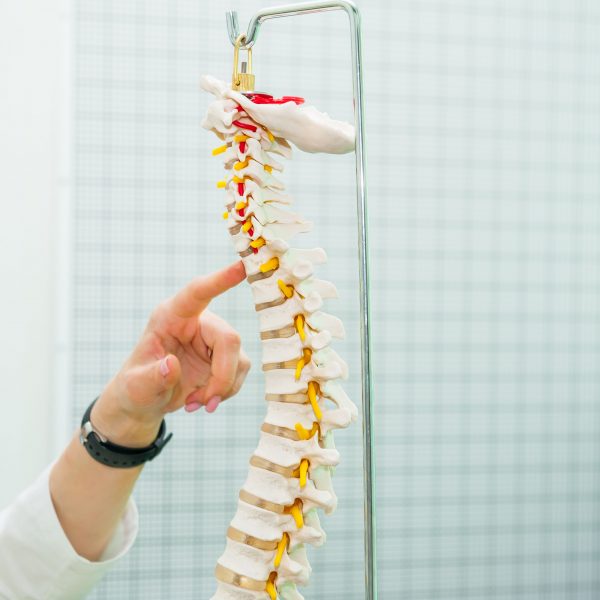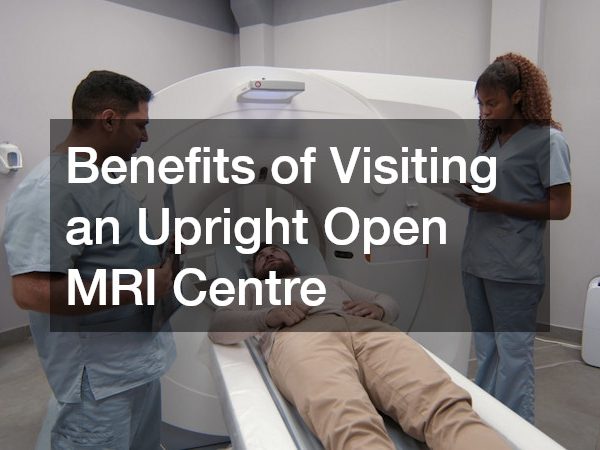Dementia is a general term used for the deterioration of a person’s cognitive abilities. It is one’s loss of memory, control over feelings, language, thinking, and other related abilities. This has a massive effect on the quality of life, as doing day-to-day activities are more challenging. Loved ones and caregivers might also feel confused or frustrated with the actions and behaviors of someone with dementia.
We often associate dementia with the elderly, as they are more commonly affected by this. But did you know that teens and young adults can also have dementia?
Young-onset dementia and its difference from regular dementia
Young-onset dementia happens when people aged under 65 undergo the symptoms of dementia. Despite the common symptoms, dementia can affect each age group differently. We list out the distinctions below:
- Young-onset dementia is usually caused by head trauma, genetics, inflammation, and weight. The common causes of dementia in the elderly are diseases like Alzheimer’s and Parkinson’s.
- Young adults getting diagnosed with onset dementia are very rare, while dementia is common for the elderly.
- Memory loss is often the first noticeable symptom of dementia among the elderly. However, it is less likely to be the first for younger people.
- Dementia in young adults often affects mobility first. They might have difficulty walking, moving, and balancing.
- Heritage plays a critical part in young-onset dementia, as 10% of the affected young adults inherited it.
- Young adults diagnosed with dementia are primarily healthy, having no serious or long-term health issues.
- There are more complications and different symptoms of young-onset dementia.
Emotional challenges and needs of a young adult with dementia
Dementia in young adults can be very confusing and emotionally exhausting. It might seem as if they were breaking away from life’s expected course. The disease threatens their self-confidence, self-image, and plans for the future. This can cause unwanted behaviors, such as:
- Aggressive emotions. Sudden changes around them can trigger anger and frustration, and other less desirable feelings.
- Anxiety. Since there are many overwhelming emotions and memories, they can be anxious or scared of what is happening or what will happen.
- Depression. The impact of dementia on their life is shocking and scary because of their loss of control over most of their abilities. Aside from affecting them, it also affects the lives of people around them. Thus, they isolate themselves, which results in extreme sadness and loneliness.
- Mood Swings. It is now more challenging to express themselves and perform tasks they used to do with ease. They can understand all the emotions mentioned above, but they will not be able to process them thus, resulting in changing moods.
The emotional challenges of a young adult with dementia are difficult to deal with for family, friends, or caregivers. Although keeping them at home would be ideal, putting them under care in a hospice is sometimes more beneficial to meet their changing needs.
How you can help someone with young-onset dementia

Adjusting is the hardest part of having young-onset dementia. So many things change, from cognitive impairment to the loss of mobility. They will now need more assistance for the physical symptoms they’re experiencing. They will also need a lot of help in dealing with their emotions, which can feel like a roller-coaster ride.
We must approach them with patience, understanding, and care. It is best to put your feet in their shoes to get a good grasp of what they are going through. This is the first thing that you must do because you can’t provide much help if you don’t understand the situation they’re in.
Here are a few things that you can do.
-
Listening
They will often repeat themselves or ask questions. You should listen to them instead of getting mad or frustrated. Doing so will provide them the comfort of knowing that you are there for them. It’s also a way of validating their emotions because you listened to and acknowledged them.
-
Reassuring
You should know what they like and dislike to avoid situations that could trigger fear or anxiety. And when you cannot understand the cause of their distress, you can at least reassure them. Reassurance comes in many ways, varying from person to person. For some people, they feel reassured when you involve them in your activities. Mere presence can be enough for others.
The truth can sometimes cause much stress and suffering for patients with young-onset dementia. Therapeutic lying is very much like a white lie, where the truth is twisted to avoid any possible conflicts that could hurt them or get a violent reaction.
-
Staying Positive
Giving them compliments will make their day. You can also tell a few jokes in between conversations. This will help them feel happy and forget about sad things.
-
Helping them Achieve Tasks
Frustration is a common scene for patients with young-onset dementia, as they can no longer perform certain activities with ease. Instead of doing it for them, you can group complicated tasks into smaller, achievable ones.
-
Seeking Proper Medical Attention
In some cases, they will need treatment and counseling.
Dementia in young adults is complicated and challenging for all people involved. But with your help, it will be easier and more manageable. All your efforts will go a long way in helping them cope with their illness.






